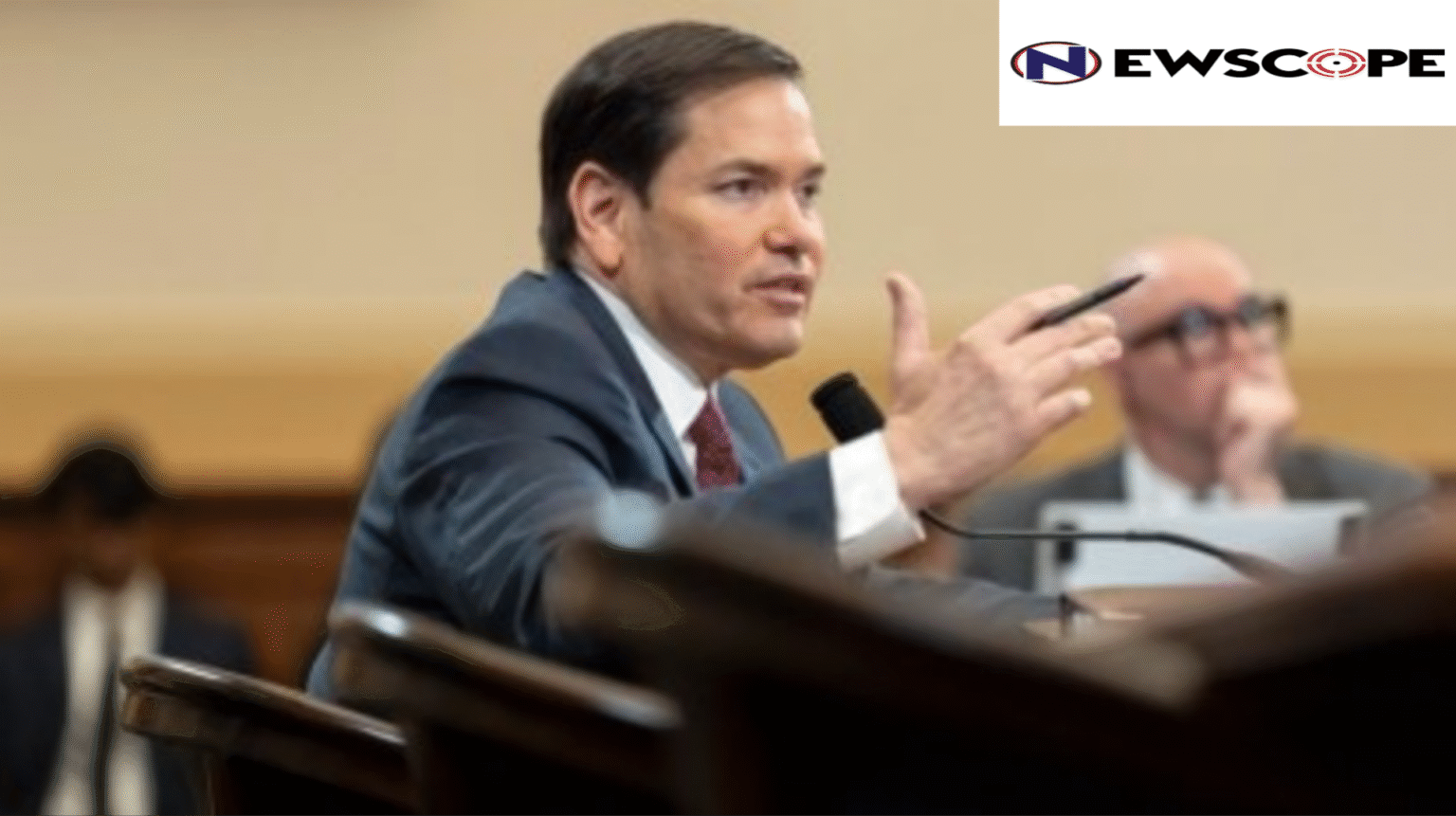Secretary of State Marco Rubio ordered US embassies worldwide to stop scheduling interviews for student visas as the Trump administration weighs stricter vetting of applicants’ social-media profiles.
The directive, laid out in a cable sent to diplomats worldwide on Tuesday, marks the latest effort by the administration to restrict foreign students’ entry to American schools over claims that they might threaten US national security or promote antisemitism.
The move raises the stakes of an ongoing battle between the White House and universities — one that initially centered on elite schools such as Harvard University and Columbia University over antisemitism — but that’s morphed into a larger attack over the role of US higher education.
David Leopold, a Cleveland-based immigration attorney, said the Trump administration’s move could be “cataclysmic, maybe even catastrophic” for both international students and the US universities that rely on them. “The economic impacts and cultural impacts are massive,” Leopold said.
Halting or even slowing visa applications would have ramifications for hundreds of thousands of students globally, and scores of educational institutions across the US, which have increasingly bolstered their ranks by attracting overseas talent.
International students accounted for 5.9% of the total US higher education population of almost 19 million. In the 2023-2024 school year, more than 1.1 million foreign students came to the US, with India sending the most, followed by China. Most international enrollees who come to the US study science, technology, engineering or mathematics. About 25% studied math and computer science, while nearly one in five opted for engineering.
Foreign students also typically pay full tuition, offsetting costs that allow universities to provide more financial aid to US citizens. US schools with the most overseas students are New York University with more than 21,000 international students, Northeastern University and Columbia, according to the Open Doors Report, which is sponsored by the State Department.
Vetting foreign students for visas is already a rigorous process, requiring applicants to prove strong academic credentials, financial means, ties to their own country and the intent to return home after graduation, according to Leopold.
“Effective immediately, in preparation for an expansion of required social media screening and vetting, consular sections should not add any additional student or exchange visitor (F, M and J) visa appointment capacity until further guidance is issued,” Rubio wrote. He said that guidance is expected in the coming days.
The State Department cable says interviews that have already been scheduled can go ahead. It was reported earlier by Politico.
The Department of Homeland Security referred a request for comment to the State Department.
State Department spokeswoman Tammy Bruce declined to comment on Rubio’s order directly, saying nothing had been released publicly.



